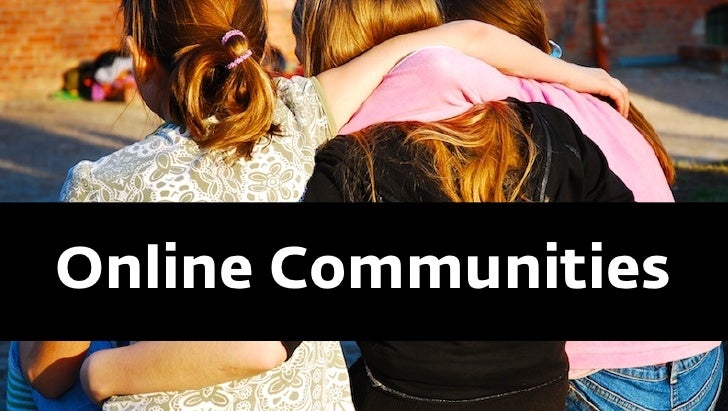
The internet has created an extraordinary space for connection, learning, and creativity. Yet, beneath its surface lies a darker reality: cyberbullying. The shield of anonymity can empower people to say things they might never express in person. While some use anonymity as a way to protect privacy, others misuse it to spread hate, criticism, and personal attacks. For those struggling with mental health challenges or addiction recovery, online aggression can be especially harmful, reinforcing feelings of isolation and shame.
At Killacodes, we recognize that mental health and online behaviors are deeply connected. Understanding the psychology of cyberbullying is a first step toward healing and building healthier digital environments.
Why Anonymity Fuels Aggression
When people interact face-to-face, social cues like tone, body language, and empathy help regulate conversations. Online anonymity strips these cues away. Without accountability, individuals may feel emboldened to express anger, frustration, or judgment without fear of consequences. Psychologists call this the “online disinhibition effect,” which can turn ordinary people into aggressors in digital spaces.
This effect is particularly troubling in communities where vulnerable individuals seek support. For someone battling addiction or mental health challenges, an unkind comment online can magnify self-doubt and discourage them from reaching out for help.
The Emotional Toll of Cyberbullying
Cyberbullying is not just about hurtful words on a screen. It can lead to significant emotional and psychological consequences. Victims often report increased anxiety, depression, and even relapse in addiction recovery due to overwhelming stress. Unlike traditional bullying, cyberbullying has no boundaries of time or place. A message or post can follow someone everywhere, disrupting sleep, damaging self-esteem, and creating feelings of helplessness.
For those in recovery, these attacks can reinforce harmful coping mechanisms. Many turn back to substance use or unhealthy behaviors as a way to escape the pain. This cycle highlights why recovery programs must address not only personal healing but also the digital environments people navigate daily.
Building Resilience in the Digital Age
While cyberbullying can feel overwhelming, there are strategies to build resilience and protect mental health.
Recognize the Triggers
Acknowledging how online interactions affect your emotions is key. If certain platforms or conversations leave you drained, it may be time to set healthy boundaries.
Strengthen Support Systems
Surround yourself with supportive communities that uplift rather than tear down. Faith-based and holistic recovery programs, like those offered at Killacodes, focus on creating safe spaces where people are encouraged to grow without judgment.
Practice Mindful Engagement
Engaging online with purpose instead of scrolling passively can help limit exposure to negativity. Mindfulness practices also reduce stress and promote emotional balance.
A Path Toward Healing
At its core, recovery is about regaining control over your life and finding strength in healthier choices. Healing from the wounds of cyberbullying requires compassion, resilience, and often professional guidance. Programs that integrate mental health treatment with holistic care can empower individuals to rise above the negativity of online spaces and focus on building a brighter future.
Taking the Next Step
Cyberbullying thrives in anonymity, but it does not have to control your life or recovery journey. If you or someone you love is struggling with the emotional toll of online aggression, know that help is available. At Killacodes, we provide compassionate, individualized support through addiction recovery and mental health treatment. Together, we can build resilience, restore confidence, and reclaim peace in both the digital and real world.
Take the first step today. Reach out and let us walk alongside you toward healing.

